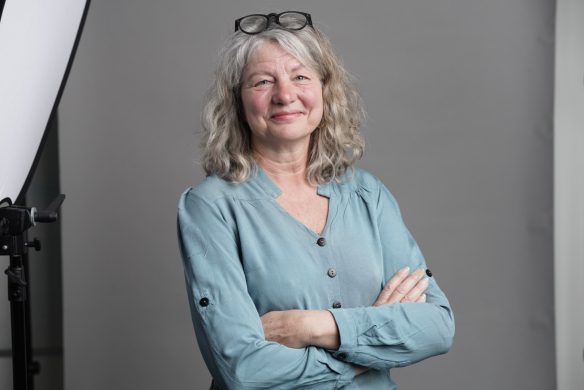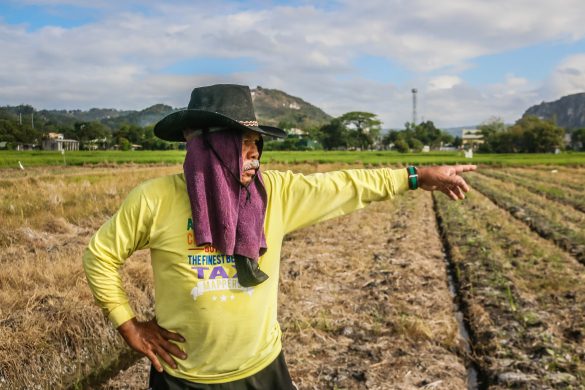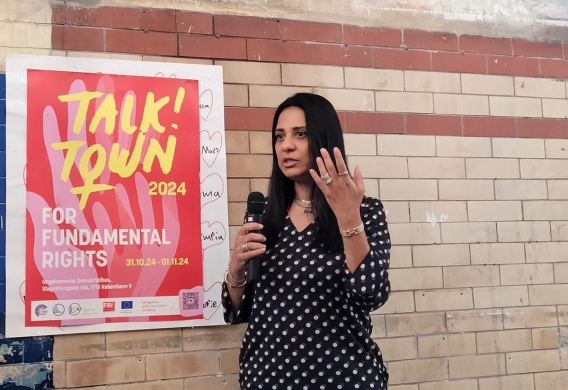International, 19 October 2017 (RSPO): The potential of sustainably produced palm oil to help biodiversity conservation, and the opportunity for leading zoos and aquariums to drive global consumer demand was the focus of an agreement signed today, between the World Association of Zoos and Aquariums (WAZA) and the Roundtable on Sustainable Palm Oil (RSPO), at the 72nd WAZA Annual Conference in Berlin.
The five-year Memorandum of Understanding (MoU) was signed by WAZA President, Jenny Gray and Chief Executive Officer of RSPO, Darrel Webber, and focuses on a framework of cooperation and understanding between WAZA and RSPO, to further their shared goals and objectives in regard to the transformation of markets to make sustainable palm oil the norm.
In over half of all consumer items
Palm oil is a $65 billion USD industry, and it is estimated that palm oil is found in over half of all consumer items, including candy, snack foods, make-up, paint, pet food, and many more.
Unsustainable means of growing and processing palm oil has resulted in widespread devastation and biodiversity loss across Southeast Asia, Equatorial Africa, and Latin America.
“We are extremely proud of this partnership,” said Webber.
“RSPO producer members, large and small, will now have an ally to educate consumers and thereafter encourage them to pull the sustainable palm oil supply chain. This will be the incentive for producers to be allies with WAZA members, in conserving important landscapes and wildlife species”.
Influence consumers
WAZA and RSPO will strive to work together to influence consumers to use sustainable palm oil. WAZA will participate in the RSPO Biodiversity and High Conservation Value Working Group to provide information on potential in situ conservation projects, as well as provide specialised knowledge.
WAZA will encourage its members to provide input into improving sustainability indicators and criteria of the RSPO certification scheme.
“More than 700 million people visits zoos and aquariums every year, which is why WAZA members can play a vital role in informing visitors of the devastating effects of unsustainable palm oil production,” said WAZA Chief Executive Officer, Doug Cress.
“This agreement with RSPO offers the WAZA community the resources to change consumer behaviour and lead by example. We hope to have more than half of our membership committed to sustainable palm oil by 2023.”
Encouraging members
WAZA will encourage its members to promote awareness on the production and consumption of certified sustainable palm oil (CSPO) to the general public and will aim to have at least 50% of its members committed to sustainable palm oil practices and be RSPO certified by 2023.
Whilst RSPO will encourage its members to increase its certified palm oil consumption in the same time frame.
Sustainable palm oil can help fulfil increasing global food demand, support affordable food prices and poverty reduction; safeguard social interests, communities and workers, while dramatically reducing stress and degradation on the environment and wildlife.















